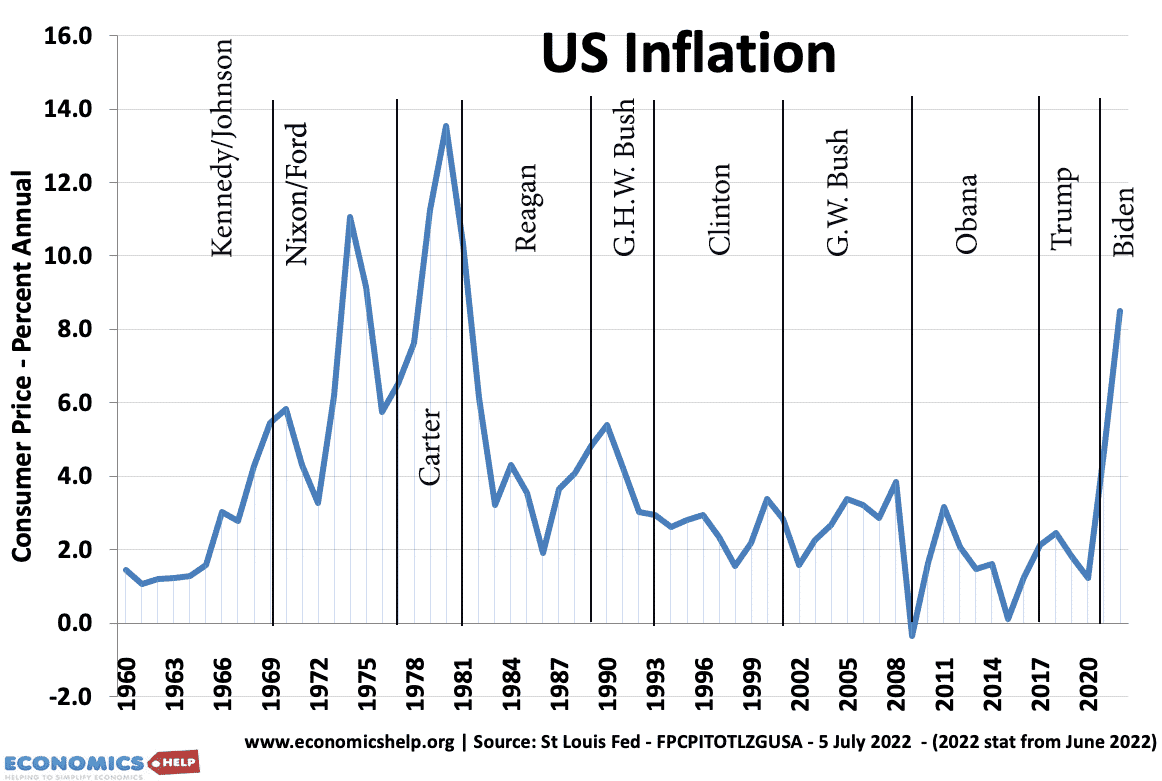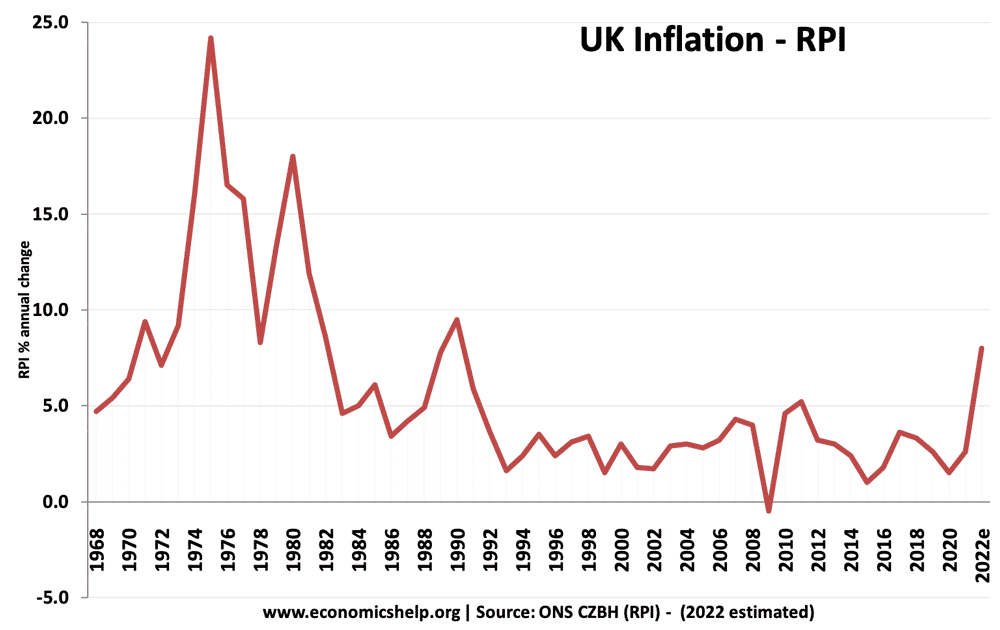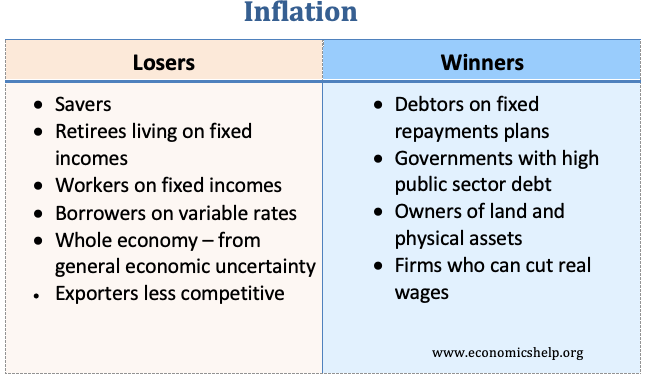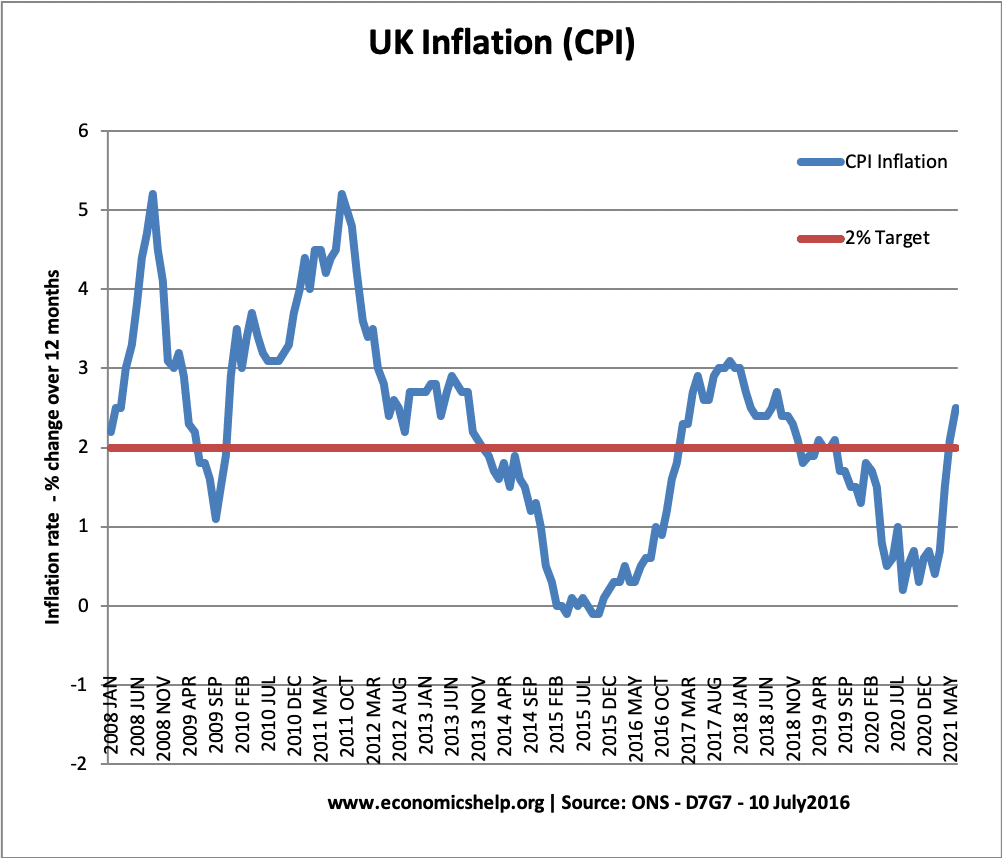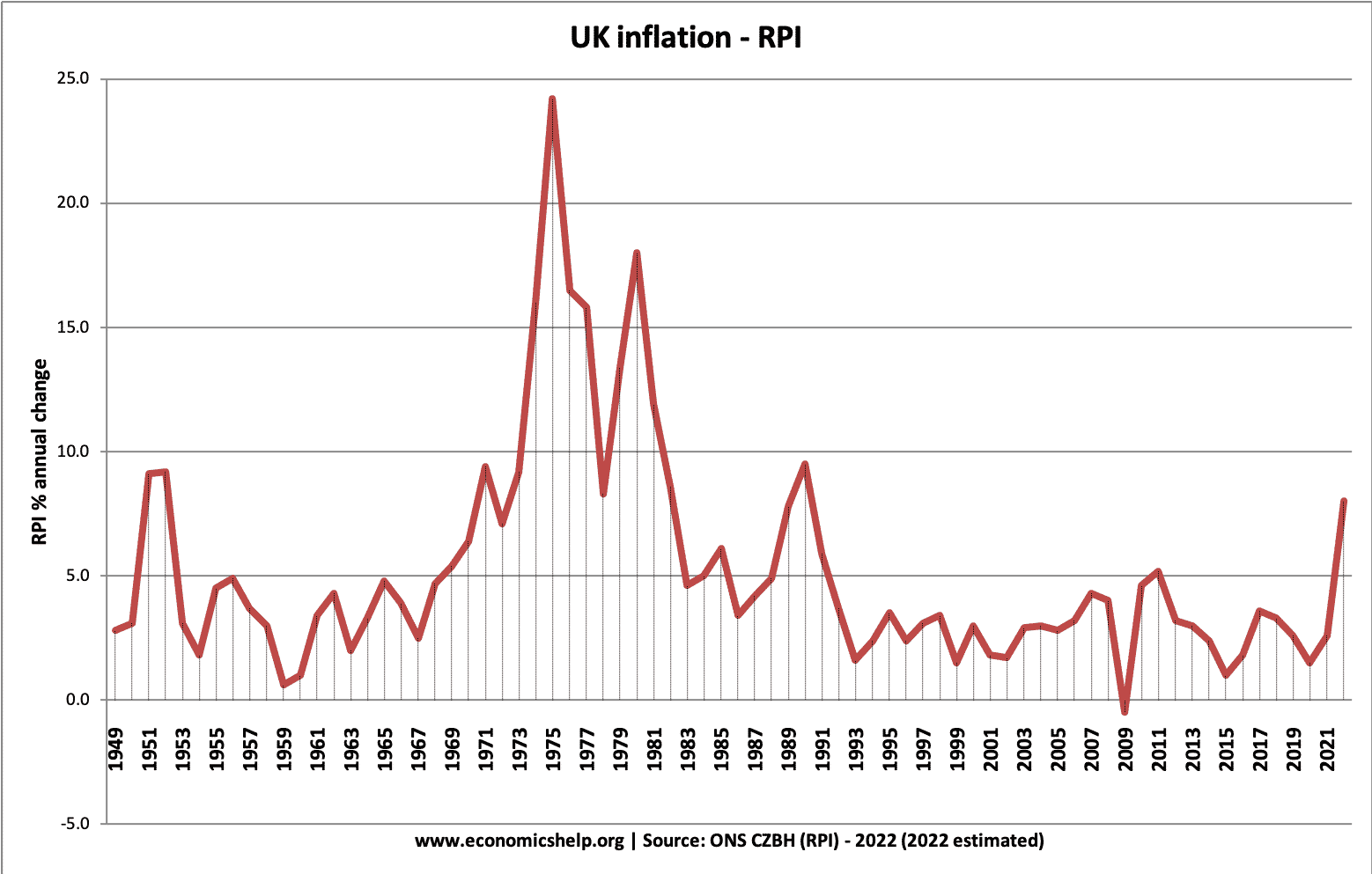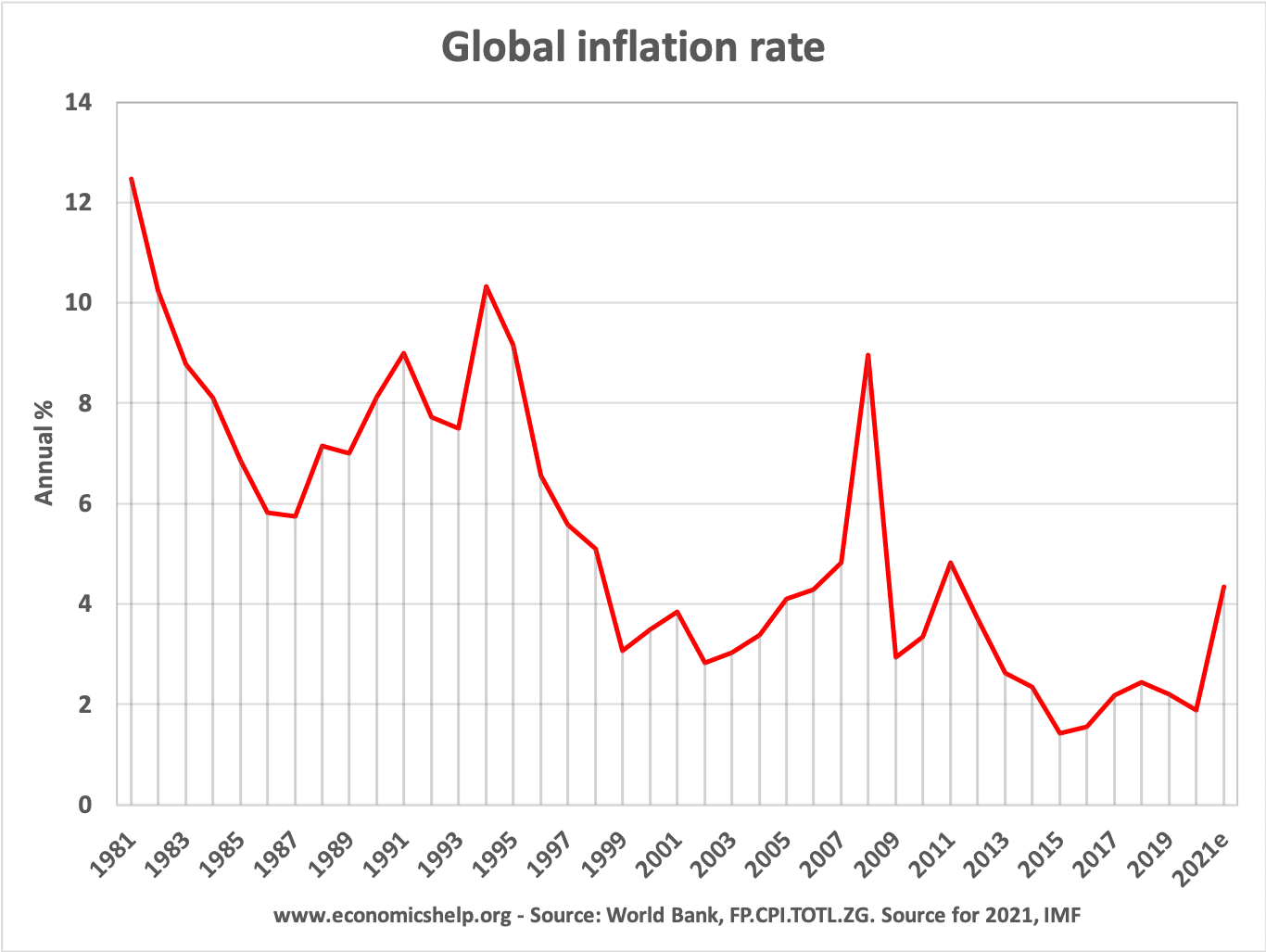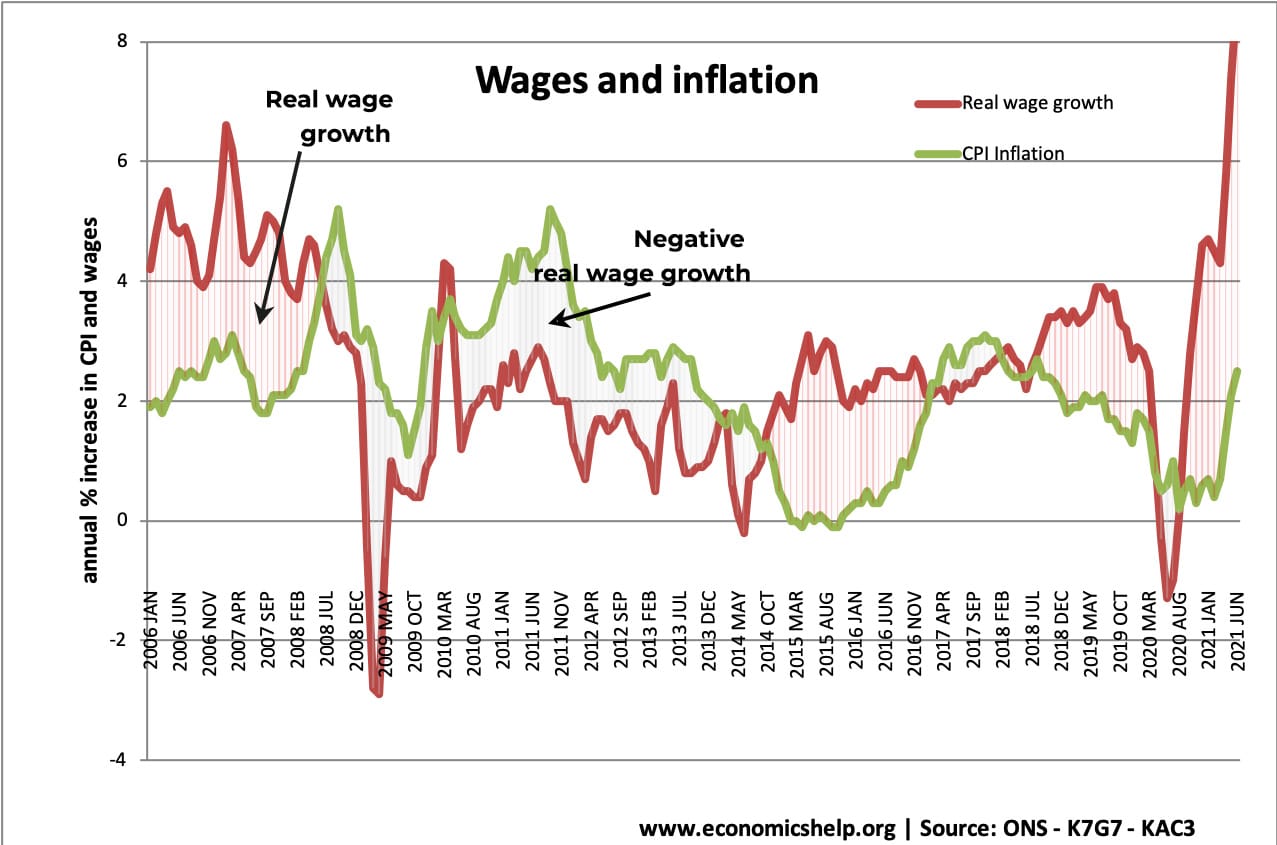To what extent can the US president control inflation?
The best guide to US elections is the state of the economy. If the economy is doing badly with high unemployment and/or higher inflation. The party of the sitting US president tends to get punished by the voters. But, how much influence does the President have on the economy and the rate of inflation? In …

